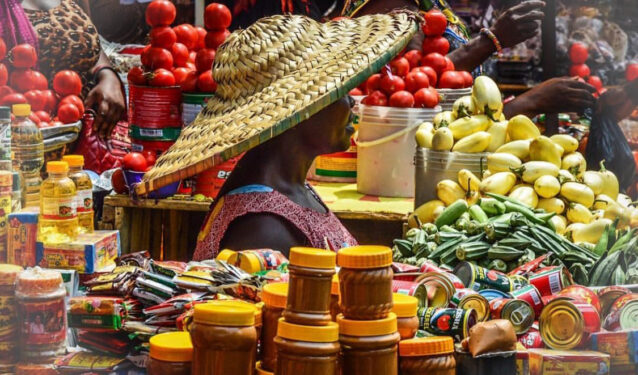The July 2024 Food Security Monitor report finds a concerning increase in food insecurity in Ghana, with the rate of insufficient food consumption (IFC) rising by 5.77%.
This increase is mostly the result of the ongoing cost-of-living issue, which is caused by consistently rising inflation, a weakening currency, and skyrocketing fuel costs.
These factors have significantly increased the price of vital goods, particularly staples like maize and rice.
This trajectory is consistent with prior estimates by the World Food Programme (WFP) in their February 2024 report.
According to the WFP’s February 2024 national brief and preliminary March 2024 study, around 1.05 million Ghanaians are likely to face food insecurity between June and August 2024.
Read Also: Election 2024: NDC releases manifesto on August 24 in C/R
Climate change, poor agricultural prices, weak infrastructure, and restricted access to education are all contributing problems, exacerbated by Ghana’s sensitivity to global market fluctuations, particularly for imported rice.
The research also notes that, while most nations’ IFC rates were steady between June and July, Ghana, Nigeria, and Uganda witnessed hikes of 5.77%, 3.98%, and 7.5%, respectively. Zimbabwe, on the other hand, saw a 5.45% reduction.
The majority of nations have seen a rise in IFC year on year, with the exception of Mozambique, Rwanda, South Sudan, Uganda, and Zambia, where current levels are lower than the previous year.



























